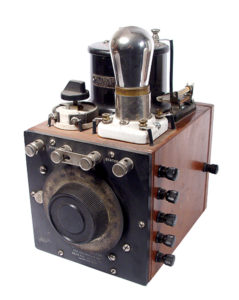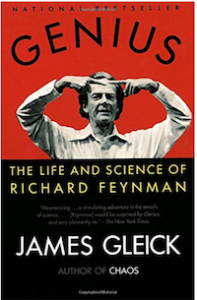So I get this invite to take part in usability testing of a new prototype (is that redundant?). It’s for a big company. One of the biggest. I can’t tell you much more because I had to sign a non-disclosure agreement and they seemed pretty serious about it.
A young woman (early 20s?) ran the session (a video conference) and there were 4 or 5 others who I assume were observing but did not speak. The session lasted about half an hour.
She had me log in to a development site with (what I assume was) an early version of the new tool they’re working on. She asked me to play around with the tool and talk aloud as I did so. She would occasionally ask me a question. Near the end of the session she asked if I would use a tool like this, to which I immediately replied, “No” and explained why.
I don’t use Facebook so I’m only speculating here, but I had a strong sense they were trying to add FB-like features. “Like” buttons; the little “heart” icon; etc. I said, as gently as I could, it seemed they were trying to solve a problem that did not exist. This company is big enough they must have an army of developers working on stuff like this all the time. And that’s good, up to the point they adding features nobody wants or needs.
I don’t know when — if ever — I’ll be able to tell you more about this. Maybe if the thing ever goes public. For my effort they’re going to give me a $50 gift certificate, but the real value was forcing me to think about social media and how use it (or don’t use it).
Social. Media.
The ‘media’ part is pretty straight forward. We see news, photos, video, audio. The ‘social’ part seems to be about connecting with people (“engagement”). In my experience, that is happening at an increasingly superficial level. Thumbs up, thumbs down, heart, +1. I’ve started wondering, why bother? Yes, I’m retired and have lots of time to write a long-winded post or comment (TLDR!). But, really, what does a ‘thumbs up’ or +1 add?
It must be enough, though, because here I am. If I spot the new prototype in the wild, I’ll let you know.

 You know that feeling where you say a word so often that it stops — for a few seconds — having any meaning? It’s just a sound your lips and tongue make? I’ll bet there’s a word for that but I don’t know what it is.
You know that feeling where you say a word so often that it stops — for a few seconds — having any meaning? It’s just a sound your lips and tongue make? I’ll bet there’s a word for that but I don’t know what it is. During the early days of what we then called the “World Wide Web,” there was a mood of “digital entrepreneurism.” Anybody with a minimum of technical skills could create a website. Later, when blogs became a thing, it got even easier. You could start your own newspaper or magazine or — when the bandwidth got better and the tools easier — audio and video. Anyone could create their own “content” and do so for fun or profit. That was the dream and a few made it a reality.
During the early days of what we then called the “World Wide Web,” there was a mood of “digital entrepreneurism.” Anybody with a minimum of technical skills could create a website. Later, when blogs became a thing, it got even easier. You could start your own newspaper or magazine or — when the bandwidth got better and the tools easier — audio and video. Anyone could create their own “content” and do so for fun or profit. That was the dream and a few made it a reality.
 “You see, one thing is, I can live with doubt and uncertainty and not knowing. I think it’s much more interesting to live not knowing than to have answers which might be wrong. I have approximate answers and possible beliefs and different degrees of certainty about different things, but I’m not absolutely sure of anything and there are many things I don’t know anything about, such as whether it means anything to ask why we’re here. . . I don’t have to know an answer. I don’t feel frightened by not knowing things, by being lost in a mysterious universe without any purpose, which is the way it really is as far as I can tell. It doesn’t frighten me.”
“You see, one thing is, I can live with doubt and uncertainty and not knowing. I think it’s much more interesting to live not knowing than to have answers which might be wrong. I have approximate answers and possible beliefs and different degrees of certainty about different things, but I’m not absolutely sure of anything and there are many things I don’t know anything about, such as whether it means anything to ask why we’re here. . . I don’t have to know an answer. I don’t feel frightened by not knowing things, by being lost in a mysterious universe without any purpose, which is the way it really is as far as I can tell. It doesn’t frighten me.”